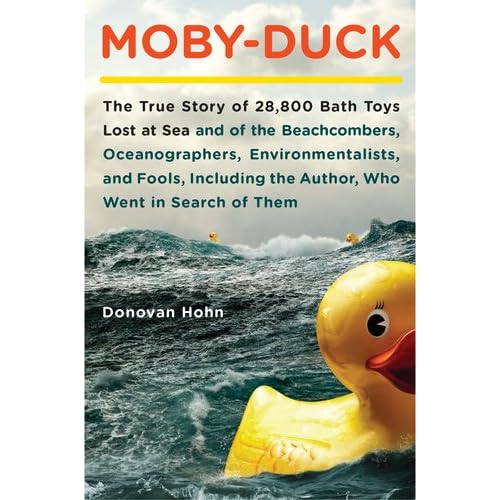The day after this episode of
Teachers Teaching Teachers,
Chris Sloan, a frequent co-host and planner on the show this year, wrote to Susan and Paul: “I have to say that last night's TTT was an inspiration. It's really got me re-evaluating my teaching.”
The focus of this week’s episode was on social start-ups. Suzie Boss helped us decide who to invite to a show where we were asking to better understand social entrepreneurship. One of the projects that Suzie thought we would want to know about is Cool School Challenge, which, in her description is:
an effort to reduce the carbon footprint of schools. It was launched by Mike Town,
environmental science teacher at Redmond High School in Washington, and partners with Puget Sound Clean Air Agency. Participating schools set CO2 reduction goals, figure out their own strategies to achieve them, and track results (and $$ savings for schools) on their website: www.coolschoolchallenge.org
We caught up with Mike Town while he was traveling. Mike currently lives in Washington DC on a year-long
Einstein fellowship with the National Science Foundation, and will return to teaching next year. We ask Mike specific questions about Cool School Challenge, but we also ask him to help us to think about the whole idea of working with students to learn about how social justice issues and entrepreneurship can go together.
Bill Ferriter (
One Tweet CAN Change the World) was another able guide in our inquiry on this episode of TTT. We talk to him about his micro-loans club of which he and his students are pretty excited:
One of the projects that I've begun to engage my students in is studying the world through microloans that we are making through Kiva. We've spent the better part of the past 8 months raising money, studying countries, and selecting entrepreneurs that we are willing to
support with loans ranging anywhere from $25-$100. We've even created a Lending Team---called Team Kids Care---designed to encourage other classes to join us in our efforts. (See more on his Microloans wiki page on Digitally Speaking.)
Another social entrepreneur on this episode of Teachers Teaching Teachers was our colleague from New Orleans,
Kyle Meador, who is the Director of Educational Programs at Our School at Blair Grocery. Their
"About OSBG" page on their web site summarizes some of the work that Kyle does with Nat Turner (
5 Years After Katrina, Teacher Tills Soil of Lower 9th Ward) and others in the Lower Ninth Ward:
Our mission is to create a resource-rich safe space for youth empowerment and sustainable community development.
Currently, we:
- Employ 10 neighborhood teenagers in our Growing Growers program,
- Operate as the Gulf Coast Growing Power Regional Outreach Training Center,
- Operate a Community Supported Agriculture-style market (Our Market)
and a restaurant sales business generating an average of $1,500 weekly
from 1/3 acre of land with our students,
- Engage and educate over 700 high school and college service-learners annually, and
- Operate an independent alternative school with 5 total students
For listeners who want some background about social entrepreneurship,
Suzie Boss provides a couple of a couple of introductory links:
The
New Heroes is a PBS documentary series (now a few years old) that
profiles social entrepreneurs from around the world. (Full disclosure:
Suzie helped write the classroom materials). Details here:
www.pbs.org/thenewheroes
Youth Venture is the sister organization Ashoka, which has been kind of the mother-ship for nurturing social entrepreneurs worldwide. Youth Venture aims to get teens (and younger students) involved in leading their own sustainable solutions, and offers start-up grants to teams that come up with good ideas: http://www.genv.net/
We hope you too will find inspiration and encouragement from these beacons of social vision and business sense that we were able to have on this episode of Teachers Teaching Teachers.
Click Read more to see a copy of the chat that was happening during the webcast.

 Moby Duck
Moby Duck
